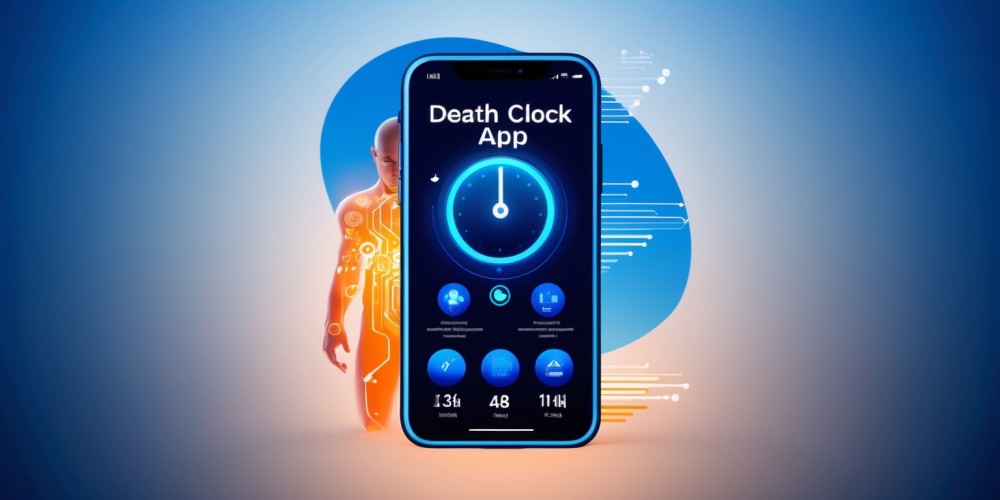Transforming Longevity: How the Death Clock App Uses AI to Reshape Health Insights
Dec 03, 2024

In recent years, innovative applications have emerged that leverage technology to offer insights on health and wellness. One such app gaining attention is the Death Clock, which utilizes artificial intelligence to estimate an individual's life expectancy and suggest ways to enhance it. Designed for both Android and iOS platforms, this app can be downloaded for free. By prompting users to complete a questionnaire, it provides a thoughtful estimation of their life span based on the information they share. Despite the serious nature of its subject, the app emphasizes its focus on AI-driven longevity and offers tailored advice aimed at promoting healthier lifestyle choices.
The Death Clock application is accessible through the App Store and Play Store, with current availability limited to users in the United States. According to its description on the Play Store, the app employs advanced artificial intelligence technology to assist individuals in understanding how their daily habits may affect their longevity and guide them toward healthier lifestyles.
While similar platforms predicting life spans have been around since the early 2000s, most relied on actuarial life statistics to derive their conclusions. In contrast, reports indicate that the developer of the Death Clock app utilized a robust AI model educated using a vast collection of more than 1,200 studies encompassing around 53 million individuals to enhance the accuracy of its predictions.
The application developer, in recent communications, mentioned that the AI processes user inputs regarding nutrition, physical activity, stress management, and sleep patterns to refine the predictions. This tailored approach is believed to yield more precise estimations than conventional methodologies relying solely on life tables.
While users can access the app and receive predictions at no charge, there is an option to pay approximately $40 for an annual subscription. This payment not only provides personalized habit recommendations but also adds a feature that counts down to the user’s predicted life expectancy milestone.
Concerns arise, however, due to the lack of detailed information regarding the specific AI model utilized for these predictions and its fundamental architecture, which might lead to questions about the tool’s overall reliability. Nevertheless, the app can serve as an essential tool for those eager to grasp how their lifestyle choices might elevate health risks and the strategies that can be employed to address them.







